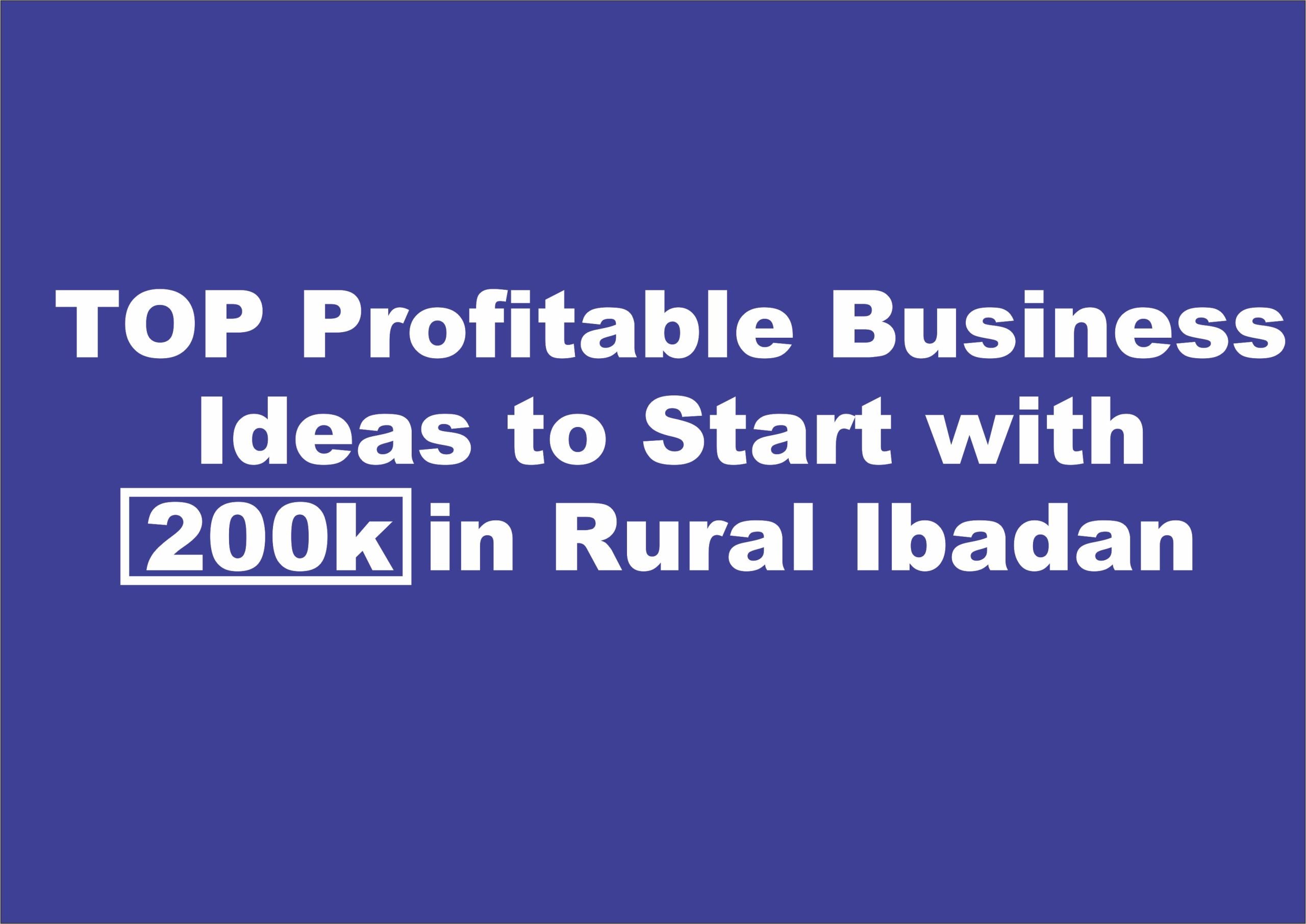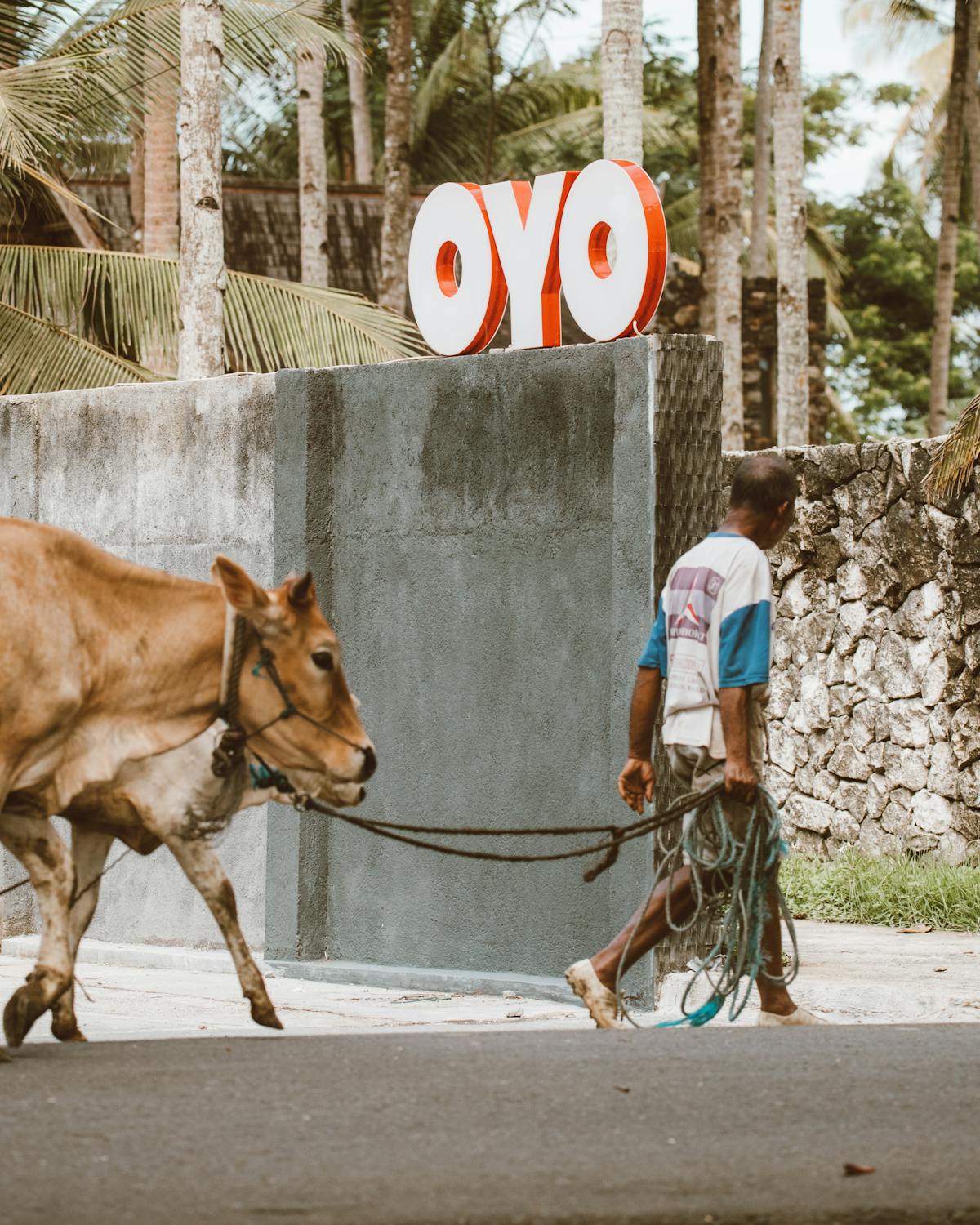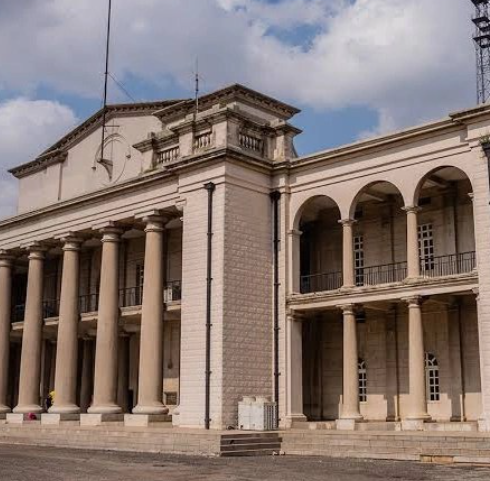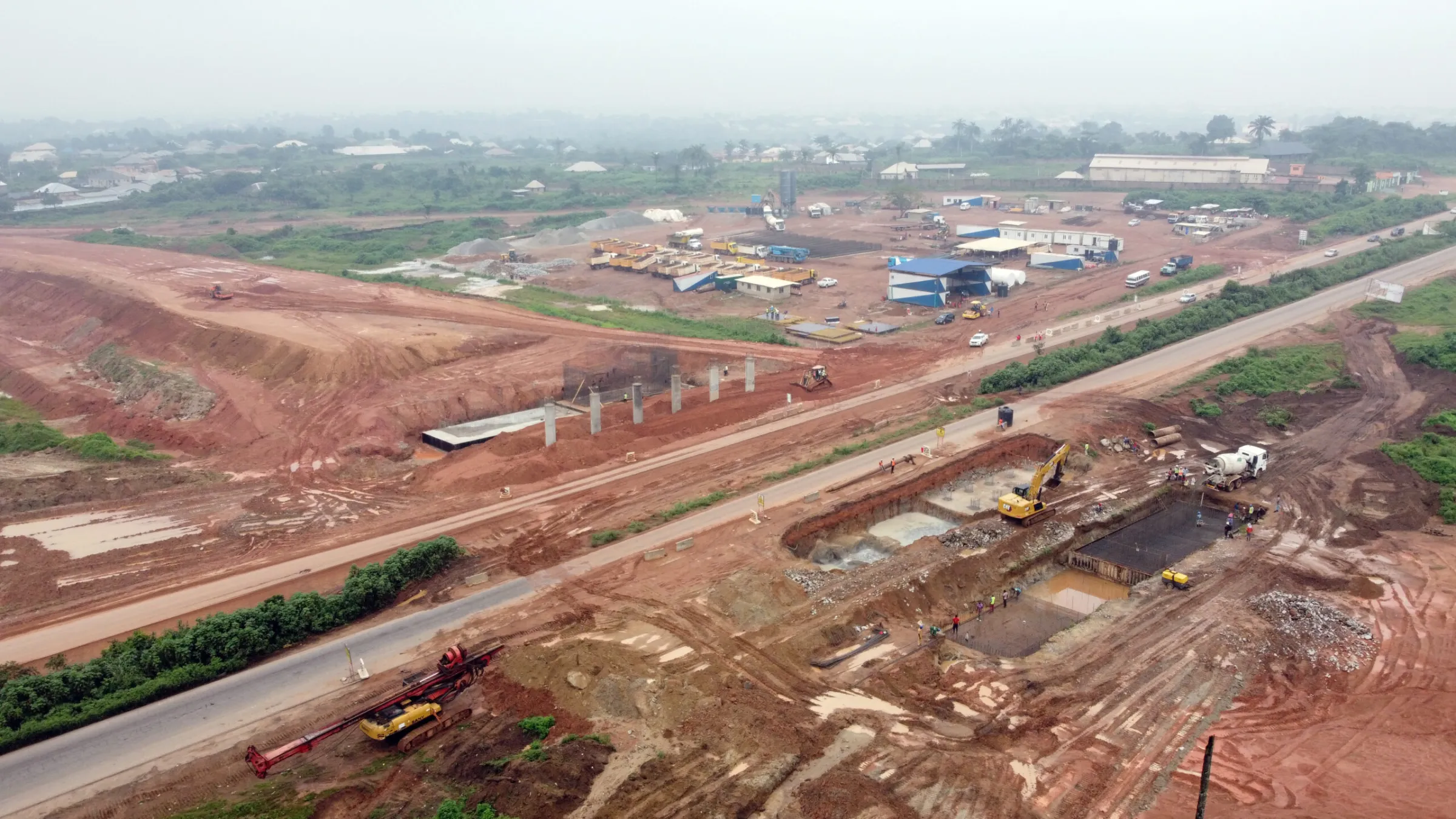32 Profitable Business Ideas to Start with 200k in Rural Ibadan
Starting a business with 200,000 Naira in a rural area near Ibadan, Nigeria, is entirely feasible, especially given the opportunities that rural settings present. Ibadan, located in Oyo State, is a major city with surrounding rural communities that rely heavily on agriculture, small-scale trade, and localized services. So with 200k, you can launch a modest, sustainable business that will taps into the needs of these rural areas.
So lets go there…
1. Poultry Farming (Small-Scale)
Overview: Poultry farming is a reliable business in rural areas due to the consistent demand for eggs and chicken meat in both rural villages and Ibadan’s urban markets.
Startup Costs:
100 day-old chicks: ₦50,000–₦60,000
Feed for the first 6–8 weeks: ₦100,000–₦120,000
Simple coop (wood or blocks): ₦20,000–₦30,000
Timeline: Broilers mature in 6–8 weeks; layers start producing eggs in 4–6 months.
Profit Potential: Sell broilers at ₦3,000–₦4,000 each or eggs at ₦100–₦150 each in Ibadan markets.
Pros: Quick returns, high demand.
Cons: Risk of disease, labor-intensive.
Tips: Vaccinate chicks promptly and source feed from trusted suppliers in Ibadan like Bodija market.
2. Vegetable Farming
Overview: Fertile land in rural Ibadan is perfect for growing staples like ugwu (fluted pumpkin), spinach, tomatoes, or peppers.
Startup Costs:
Seeds and tools (hoes, watering cans): ₦50,000
Land lease (if needed): ₦50,000
Labor and fertilizers: ₦100,000
Timeline: Harvest in 2–3 months.
Profit Potential: Sell at local markets or transport to Bodija market for higher prices (e.g., ugwu at ₦500 per bundle).
Pros: Low startup costs, consistent demand.
Cons: Weather-dependent, requires manual labor.
Tips: Use organic fertilizers to reduce costs and appeal to health-conscious buyers.
3. POS (Point of Sale) Business
Overview: Limited cash access in rural areas makes a POS service highly valuable for withdrawals, transfers, and bill payments.
Startup Costs:
POS machine (e.g., Moniepoint, Opay): ₦50,000–₦80,000
Small shop/kiosk rental: ₦50,000
Float for transactions: ₦70,000–₦100,000
Timeline: Immediate income from commissions.
Profit Potential: Earn ₦50–₦100 per transaction.
Pros: Quick cash flow, growing demand.
Cons: Requires reliable power and network coverage.
Tips: Position near a busy market or junction and invest in a small solar panel for power backup.
4. Palm Oil Retail and Storage
Overview: Palm oil, a staple in Nigerian diets, can be bought in bulk during peak season (February–April) and sold later for profit.
Startup Costs:
Bulk palm oil (e.g., 50 liters): ₦150,000
Storage containers and transport: ₦50,000
Timeline: Immediate sales or store until July for higher prices.
Profit Potential: 50–60% profit margin during off-season.
Pros: Minimal infrastructure, high demand.
Cons: Seasonal price fluctuations, storage risks.
Tips: Buy from local farmers in villages like Eruwa or Lanlate and store in a cool, dry place.
5. Fish Farming (Small-Scale)
Catfish farming is lucrative in areas with water access, meeting the growing demand for protein.
Startup Costs:
Concrete pond or tarpaulin tank: ₦100,000
500 juvenile catfish: ₦50,000
Feed for first cycle: ₦50,000
Timeline: Harvest in 4–6 months.
Profit Potential: Sell at ₦800–₦1,200 per kg in Ibadan.
Pros: Scalable, high profit margins.
Cons: Requires water management, feed costs.
Tips: Start with a small tank to test the market and connect with fish traders in Ojoo market.
6. Mobile Phone Charging and Accessories
Mobile phone charging and accessory sales meet rural needs due to unreliable electricity and demand for affordable phone accessories.
Startup Costs:
Small generator or solar panel: ₦50,000
Charging strips and cables: ₦50,000
Phone accessories (e.g., earphones): ₦100,000
Timeline: Immediate income from charging and sales
Profit Potential: Charge ₦100–₦200 per phone or sell accessories with 50–100% markup.
Pros: High demand, quick cash flow.
Cons: Requires power source, competition from vendors.
Tips: Set up near a market or community center and offer durable, affordable accessories.
7. Snail Farming
Snail farming is a low-cost business ideal for rural settings with shade and moisture, serving local and urban markets.
Startup Costs:
Small pen (wood or tires): ₦50,000
100–200 breeder snails: ₦50,000
Feed and maintenance: ₦100,000
Timeline: Harvest in 6–12 months.
Profit Potential: Sell at ₦500–₦1,000 per snail in Ibadan markets.
Pros: Low maintenance, high profit margins.
Cons: Slow growth, niche market.
Tips: Source snails locally and market to eateries in Ibadan for higher sales.
8. Small-Scale Garri Processing
Garri processing taps into abundant cassava in rural Ibadan and steady demand for this staple food in local and urban markets.
Startup Costs:
Manual grater, frying pan, tools: ₦100,000
Cassava tubers: ₦50,000
Firewood and labor: ₦50,000
Timeline: Process and sell within weeks.
Profit Potential: Sell at ₦1,000–₦1,500 per bag locally or in Ibadan.
Pros: Quick turnaround, high demand.
Cons: Labor-intensive, seasonal supply.
Tips: Source cassava cheaply from local farmers and sell at Bodija market.
9. Motorcycle Repair Shop
Motorcycle repair shops thrive in rural areas due to the widespread use of okadas for transport, requiring frequent fixes.
Startup Costs:
Tools (wrenches, screwdrivers): ₦100,000
Spare parts (tubes, spark plugs): ₦50,000
Workspace: ₦50,000
Timeline: Immediate income from repairs.
Profit Potential: Charge ₦500–₦2,000 per repair job.
Pros: Steady demand, quick cash flow.
Cons: Requires repair skills, competition.
Tips: Learn basic repair skills or hire a mechanic and position near busy roads.
10. Provision Store
A provision store meets daily needs in rural areas with limited market access, selling essentials like soap, salt, and biscuits.
Startup Costs:
Stock (fast-moving goods): ₦150,000
Wooden kiosk or rent: ₦50,000
Timeline: Immediate sales and daily turnover.
Profit Potential: Achieve 20–50% markup on items.
Pros: Consistent demand, easy to manage.
Cons: Competition, low profit margins per item.
Tips: Source goods from wholesalers in Ibadan like Dugbe market and focus on affordable items.
11. Herbal Product Sales
Herbal product sales leverage rural value for traditional remedies, packaging herbs like moringa or ginger for health-conscious buyers.
Startup Costs:
Herbs from local farmers: ₦100,000
Packaging materials: ₦50,000
Branding and transport: ₦50,000
Timeline: Start selling within weeks.
Profit Potential: Sell at ₦500–₦1,000 per pack locally or in Ibadan.
Pros: Niche market, cultural demand.
Cons: Limited audience, requires marketing.
Tips: Market as organic health products in Ibadan’s urban areas for higher profits.
12. Bread Distribution
Bread distribution involves partnering with an Ibadan bakery to supply rural villages where direct suppliers are scarce.
Startup Costs:
Initial stock (wholesale): ₦150,000
Used bicycle or transport: ₦50,000
Timeline: Daily sales and turnover.
Profit Potential: Earn ₦50–₦100 per loaf.
Pros: Quick turnover, popular product.
Cons: Transport costs, competition.
Tips: Target areas with no nearby bakeries and deliver fresh bread daily.
13. Charcoal Production and Sales
Charcoal production uses abundant wood in rural areas to meet widespread demand for cooking fuel.
Startup Costs:
Wood (sourced locally): ₦100,000
Kiln or production setup: ₦50,000
Sacks and transport: ₦50,000
Timeline: Produce and sell within weeks.
Profit Potential: Sell at ₦2,000–₦3,000 per bag in Ibadan.
Pros: Steady demand, simple process.
Cons: Labor-intensive, environmental concerns.
Tips: Sell to bulk buyers in Ibadan during dry seasons for higher prices.
14. Block-Making Business
Block-making meets growing construction demand near Ibadan’s outskirts, producing concrete blocks for builders.
Startup Costs:
Manual block-making machine: ₦100,000
Cement and sand: ₦50,000
Labor or site: ₦50,000
Timeline: Start selling within days.
Profit Potential: Sell at ₦200–₦300 per block.
Pros: High demand, scalable.
Cons: Physical work, equipment investment.
Tips: Target local builders or contractors in expanding rural areas.
15. Second-Hand Clothing Sales
Second-hand clothing sales (okrika) cater to rural demand for affordable, stylish clothing.
Startup Costs:
Bale of clothes (e.g., from Aleshinloye): ₦150,000
Stall or transport: ₦50,000
Timeline: Immediate sales.
Profit Potential: Achieve 50–100% markup per item.
Pros: High demand, low entry cost.
Cons: Quality varies, competition.
Tips: Select trendy items and sell at local market days for higher sales.
16. Honey Production (Beekeeping)
Honey production through beekeeping offers a high-value product with low upkeep, ideal for rural settings.
Startup Costs:
Beehive and starter colony: ₦100,000
Protective gear and tools: ₦50,000
Maintenance: ₦50,000
Timeline: Harvest in 6–12 months.
Profit Potential: Sell at ₦2,000–₦3,000 per liter in Ibadan.
Pros: High-value product, low maintenance.
Cons: Slow returns, requires training.
Tips: Sell to health-conscious buyers in Ibadan for premium prices.
17. Bicycle Rental Service
Bicycle rental services fill rural transport gaps, offering affordable mobility for errands or short trips.
Startup Costs:
3–5 used bicycles: ₦150,000
Repairs and rental stand: ₦50,000
Timeline: Immediate rental income.
Profit Potential: Charge ₦200–₦500 per hour/day.
Pros: Fills mobility need, low cost.
Cons: Niche market, maintenance costs.
Tips: Target areas with poor road access for higher demand.
18. Yam Flour (Elubo) Processing
Yam flour processing uses plentiful yams in rural Oyo State to meet demand for amala, a popular dish.
Startup Costs:
Yam tubers: ₦100,000
Grinding machine or outsourcing: ₦50,000
Drying racks and packaging: ₦50,000
Timeline: Process and sell within weeks.
Profit Potential: Sell at ₦1,500–₦2,000 per bag in Ibadan.
Pros: High demand, simple process.
Cons: Labor-intensive, seasonal supply.
Tips: Sell to food vendors in Ibadan for steady sales.
19. Pepper Grinding Service
Pepper grinding services meet rural household and trader needs for ground peppers, a cooking staple.
Startup Costs:
Small grinding machine: ₦120,000
Fuel or power: ₦30,000
Kiosk or transport: ₦50,000
Timeline: Immediate income from grinding fees.
Profit Potential: Charge ₦100–₦200 per grind.
Pros: Quick cash flow, steady demand.
Cons: Requires power, equipment maintenance.
Tips: Locate near a market for high customer traffic.
20. Plantain Chips Production
Plantain chips production uses abundant plantains to create a popular, crispy snack for rural and urban markets.
Startup Costs:
Plantains: ₦50,000
Fryer and oil: ₦50,000
Packaging and stove: ₦100,000
Timeline: Produce and sell within days.
Profit Potential: Sell at ₦200–₦500 per pack.
Pros: Fast turnaround, high demand.
Cons: Perishable, requires frying skills.
Tips: Sell to schoolkids and traders in rural markets for quick sales.
21. Local Beverage Production (Kunu or Zobo)
Local beverage production offers refreshing drinks like kunu or zobo, popular in rural settings and easy to produce.
Startup Costs:
Ingredients (millet, hibiscus, sugar): ₦50,000
Bottles or packaging: ₦50,000
Stove and cooler: ₦100,000
Timeline: Produce and sell within days.
Profit Potential: Sell at ₦100–₦200 per bottle.
Pros: Low cost, high appeal.
Cons: Perishable, competition.
Tips: Use attractive packaging and sell at markets or events for higher sales.
22. Rabbit Farming
Rabbit farming is a low-cost business with quick reproduction, selling rabbits for meat or as pets in rural and urban markets.
Startup Costs:
Hutch and 5–10 breeding rabbits: ₦80,000
Feed (grass, pellets): ₦70,000
Basic care: ₦50,000
Timeline: Harvest in 4–6 months.
Profit Potential: Sell at ₦2,000–₦3,000 per rabbit.
Pros: Low maintenance, scalable.
Cons: Niche market, slow growth.
Tips: Market to urban buyers in Ibadan for higher prices.
23. Corn Roasting and Sales
Corn roasting and sales capitalize on seasonal corn popularity, especially when paired with pear or coconut.
Startup Costs:
Fresh corn: ₦50,000
Roasting setup (grill, charcoal): ₦50,000
Roadside spot or bike: ₦100,000
Timeline: Immediate sales during harvest season.
Profit Potential: Sell at ₦200–₦500 per cob.
Pros: Quick profits, low cost.
Cons: Seasonal, weather-dependent.
Tips: Roast near busy roads or markets for high sales.
24. Broom Production
Broom production uses abundant palm fronds in rural areas to create traditional brooms with evergreen demand.
Startup Costs:
Tools (knives, binding materials): ₦50,000
Raw materials (palm fronds): ₦50,000
Labor or transport: ₦100,000
Timeline: Produce and sell within days.
Profit Potential: Sell at ₦200–₦500 per broom.
Pros: Simple, scalable.
Cons: Labor-intensive, low profit per unit.
Tips: Sell in bulk to traders in Ibadan for higher profits.
25. Small-Scale Catering (Food Vendor)
Small-scale catering provides local dishes like amala or pounded yam to rural workers and villagers daily.
Startup Costs:
Cooking setup (pots, stove): ₦100,000
Ingredients: ₦50,000
Shaded spot or containers: ₦50,000
Timeline: Daily sales and income.
Profit Potential: Earn ₦500–₦1,000 per customer.
Pros: Steady income, high demand.
Cons: Labor-intensive, competition.
Tips: Locate near farms or busy areas and maintain hygiene for customer trust.
26. Recycling Collection Point
Overview: A recycling collection point gathers plastics or scrap metal from rural households for sale to recyclers in Ibadan.
Startup Costs:
Cart or bike: ₦100,000
Sacks and scales: ₦50,000
Transport to recyclers: ₦50,000
Timeline: Immediate income from sales.
Profit Potential: Earn ₦5,000–₦10,000 per trip to recyclers.
Pros: Eco-friendly, untapped market.
Cons: Labor-intensive, transport costs.
Tips: Partner with recycling firms in Ibadan for consistent sales.
27. Palm Wine Bottling
Palm wine bottling taps into local palm trees to sell a culturally popular drink in rural and urban markets.
Startup Costs:
Tapping tools and bottles: ₦50,000
Cooler or preservatives: ₦50,000
Transport and bike: ₦100,000
Timeline: Immediate sales.
Profit Potential: Sell at ₦500–₦1,000 per liter.
Pros: Quick cash, cultural staple.
Cons: Perishable, seasonal supply.
Tips: Sell to bars or urban buyers in Ibadan for higher profits.
28. Cassava Frying (Garri Snacks)
Cassava frying turns garri into a crunchy snack with seasoning, appealing to local consumers in rural areas.
Startup Costs:
Garri and oil: ₦50,000
Frying pan and stove: ₦50,000
Packaging and roadside spot: ₦100,000
Timeline: Produce and sell within days.
Profit Potential: Sell at ₦100–₦300 per pack.
Pros: Fast-moving, low-tech.
Cons: Perishable, competition.
Tips: Add unique seasonings to stand out and sell at busy spots.
29. Mini Daycare Service
A mini daycare service supports rural parents working on farms by providing childcare for their children.
Startup Costs:
Mats and toys: ₦80,000
Shaded space: ₦70,000
Snacks or upkeep: ₦50,000
Timeline: Daily income from fees.
Profit Potential: Charge ₦200–₦500 per child per day.
Pros: Fills community gap, steady income.
Cons: Requires patience, trust-building.
Tips: Start with 5–10 kids and ensure a safe, clean environment.
30. Small Betting Kiosk
A small betting kiosk caters to the popularity of sports betting, even in rural areas, earning commissions on bets.
Startup Costs:
Betting shop deposit (e.g., Bet9ja): ₦100,000
Bench and sign: ₦50,000
Phone or small TV: ₦50,000
Timeline: Immediate commissions.
Profit Potential: Earn 5–10% commission on bets.
Pros: Trendy, quick cash flow.
Cons: Risky, legal restrictions.
Tips: Ensure compliance with local laws and target young adults for higher traffic.
31. Yam Roasting Stand
A yam roasting stand serves roasted yams with fish or sauce, a rural favorite during harvest seasons.
Startup Costs:
Yams: ₦50,000
Grill and charcoal: ₦50,000
Roadside spot or bike: ₦100,000
Timeline: Immediate sales during harvest season.
Profit Potential: Sell at ₦300–₦700 per serving.
Pros: Quick profits, low cost.
Cons: Seasonal, weather-dependent.
Tips: Roast near busy roads or markets for high customer traffic.
32. Mini Car Wash (Bikes and Okada)
A mini car wash for bikes and okadas meets the demand for cleaning services in rural areas with dusty or muddy roads.
Startup Costs:
Buckets, soap, brushes: ₦80,000
Water tank or pump: ₦70,000
Spot or workspace: ₦50,000
Timeline: Immediate income from washing fees.
Profit Potential: Charge ₦200–₦300 per wash.
Pros: Steady demand, quick cash flow.
Cons: Requires water access, physical work.
Tips: Set up near busy roads or markets where okada riders frequent for high demand.
Conclusion
With ₦200,000, you can start a profitable business in rural Ibadan that meets local needs and taps into nearby urban markets. Whether you choose poultry farming, POS services, or palm oil retail, success depends on understanding your resources, market, and personal interests. Start small, reinvest profits, and build a sustainable venture over time.
Disclaimer: Prices are estimates based on 2025 market trends and may vary by location or season. Consult local suppliers and experts for accurate costs.




Post Comment